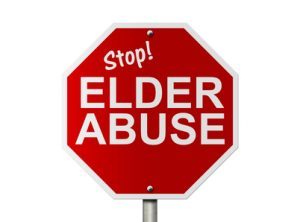Search
Illinois Nursing Complaint Anonymity Bill Threatens Patients’ Rights
 When nursing abuse victims fear for their safety due to threats and repeated abuse; their anonymity can be the difference between reporting their plight to authorities and choosing to suffer in silence. Illinois has indicated in the past that it takes abuse very seriously and is one of the states in the country that still allows unlimited damage limits for those who sue because of mistreatment. For profit nursing corporations are seeking to insulate themselves by backing an Illinois bill that would remove the ability of those who complain to remain anonymous and our Chicago nursing home abuse attorneys agree with many opposed to the measure that the bill would only scare abuse victims into silence.
When nursing abuse victims fear for their safety due to threats and repeated abuse; their anonymity can be the difference between reporting their plight to authorities and choosing to suffer in silence. Illinois has indicated in the past that it takes abuse very seriously and is one of the states in the country that still allows unlimited damage limits for those who sue because of mistreatment. For profit nursing corporations are seeking to insulate themselves by backing an Illinois bill that would remove the ability of those who complain to remain anonymous and our Chicago nursing home abuse attorneys agree with many opposed to the measure that the bill would only scare abuse victims into silence.
Ways the Bill Would Benefit Large Nursing Care Companies
Republican lawmakers are overwhelmingly in support of the nursing industry backed bill, which would require anyone who complains about nursing concerns to provide contact information. They would also be presented with a warning that they could be fined for submitting false complaints or deceptive claims. Considering all of the disadvantages for complainants, it is important also to understand the advantages that nursing homes would have if this measure ever became law.
 Nursing Home Law News
Nursing Home Law News











